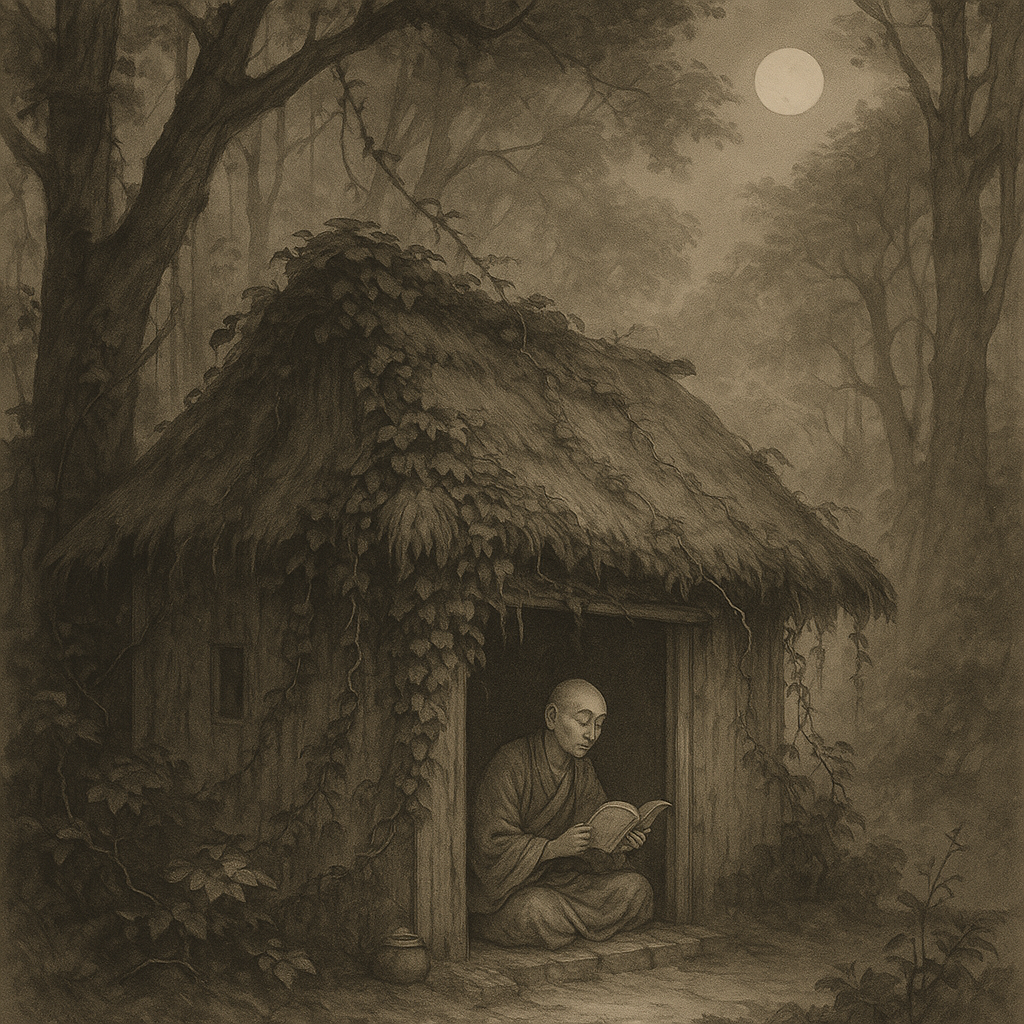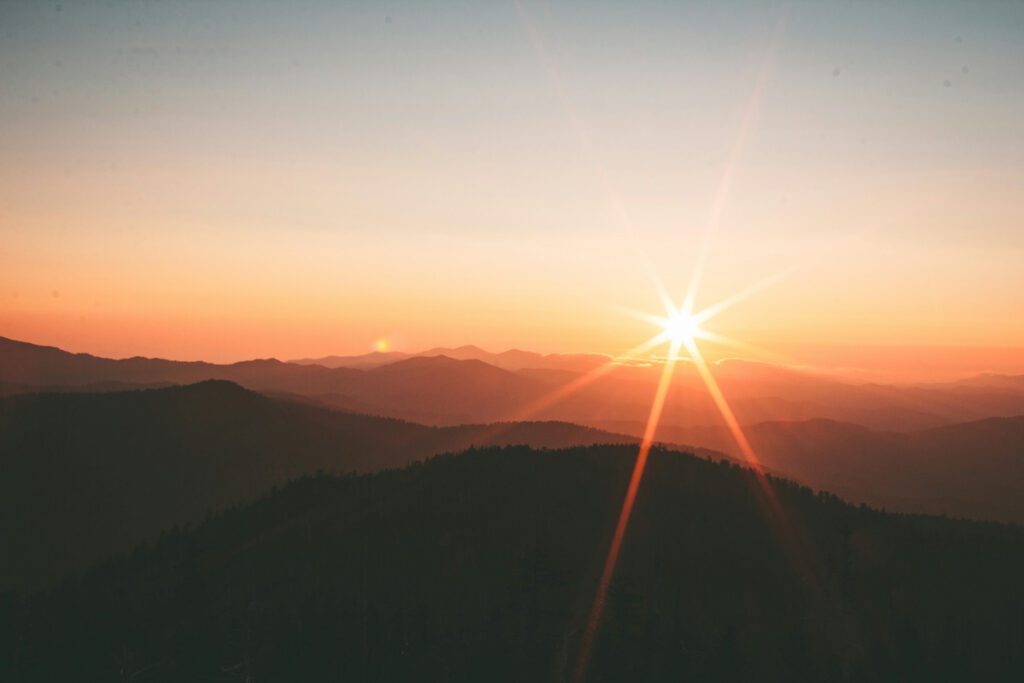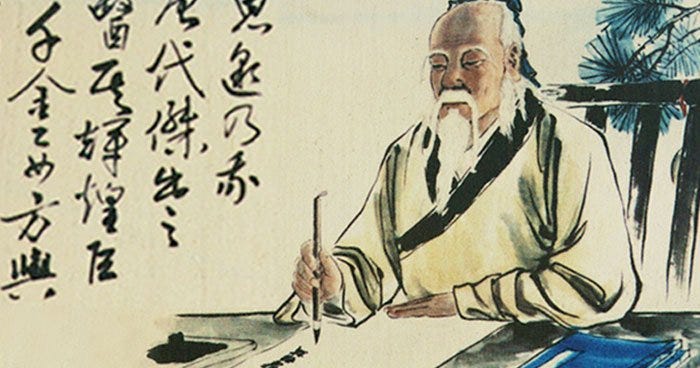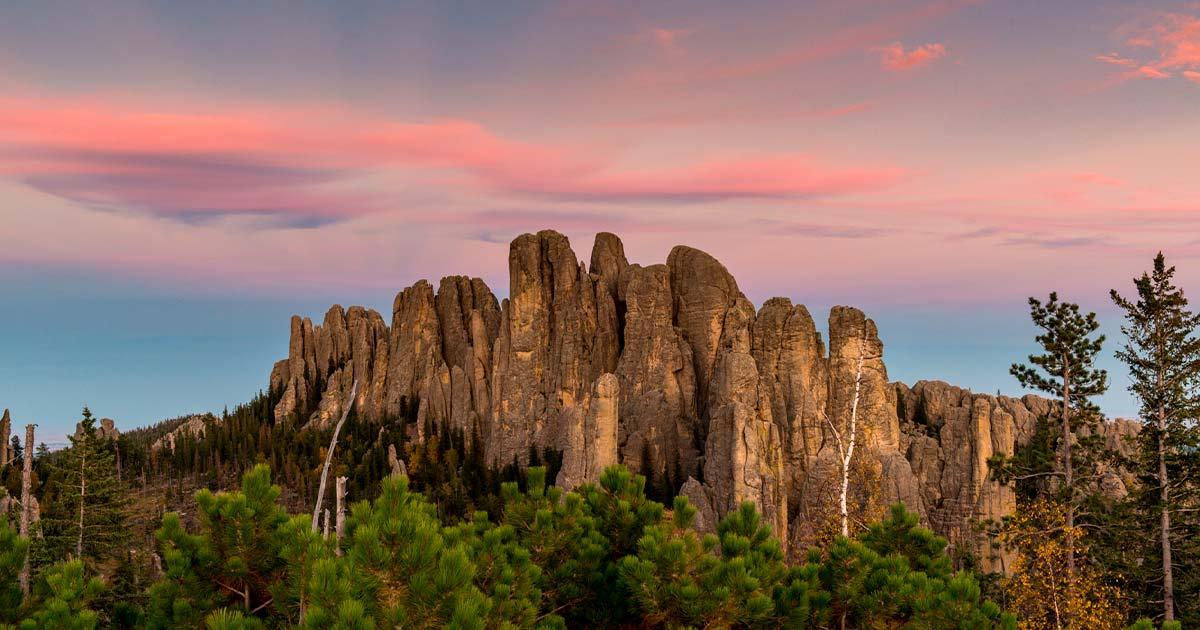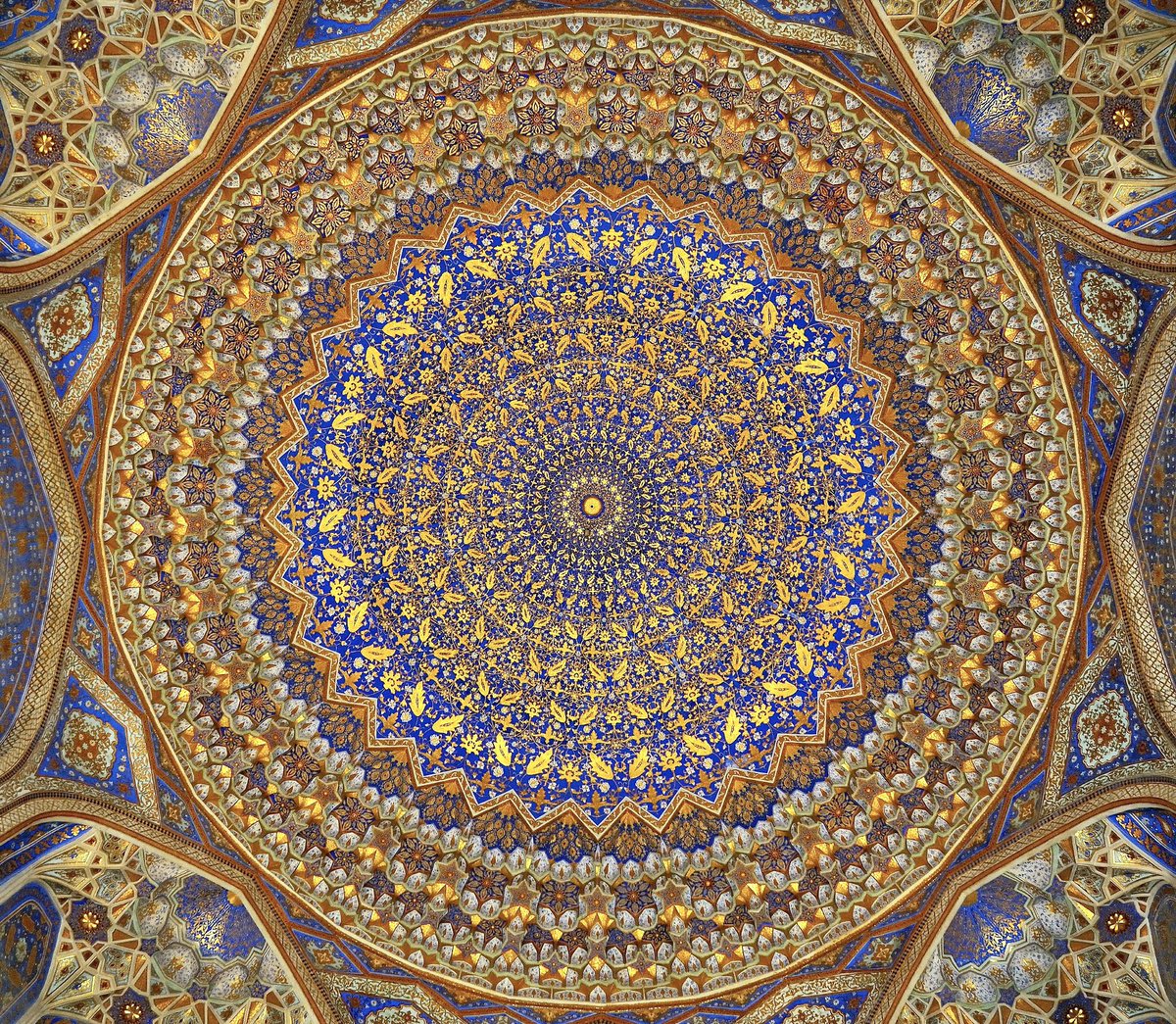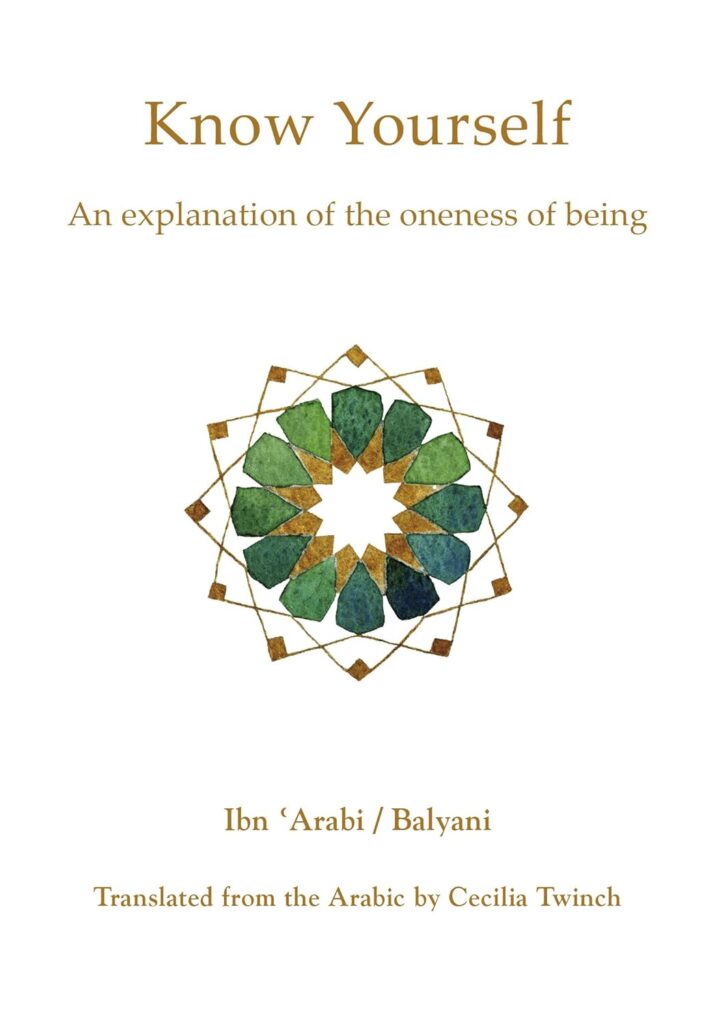Vanished are the veils of light and shade,
Lifted the vapors of sorrow,
Sailed away the dawn of fleeting joy,
Gone the mirage of the senses.
Love, hate, health, disease, life and death –
Departed, these false shadows on the screen
of duality.
Waves of laughter, scyllas of sarcasm, whirlpools
of melancholy,
Melting in the vast sea of bliss.
Bestilled is the storm of maya
By the magic wand of intuition deep.
The universe, a forgotten dream, lurks
subconsciously,
Ready to invade my newly wakened memory divine.
I exist without the cosmic shadow,
But it could not live bereft of me;
As the sea exists without the waves,
But they breathe not without the sea.
Dreams, wakings, states of deep turiya sleep,
Present, past, future, no more for me,
But the ever-present, all-flowing, I, I everywhere.
Consciously enjoyable,
Beyond the imagination of all expectancy,
Is this, my samadhi state.
Planets, stars, stardust, earth,
Volcanic bursts of doomsday cataclysms,
Creation’s moulding furnace,
Glaciers of silent X-rays,
Burning floods of electrons,
Thoughts of all men, past, present, future,
Every blade of grass, myself and all,
Each particle of creation’s dust,
Anger, greed, good, bad, salvation, lust,
I swallowed up – transmuted them
Into one vast ocean of blood of my own one Being!
Smoldering joy, oft-puffed by unceasing meditation,
Which blinded my tearful eyes,
Burst into eternal flames of bliss,
And consumed my tears, my peace, my frame,
my all.
Thou art I, I am Thou,
Knowing, Knower, Known, as One!
One tranquilled, unbroken thrill of eternal, living, ever-new peace!
Not an unconscious state
Or mental chloroform without wilful return,
Samadhi but extends my realm of consciousness
Beyond the limits of my mortal frame
To the boundaries of eternity,
Where I, the Cosmic Sea,
Watch the little ego floating in Me.
Not a sparrow, nor a grain of sand, falls
without my sight
All space floats like an iceberg in my mental sea.
I am the Colossal Container of all things made!
By deeper, longer, continuous, thirsty,
guru – given meditation,
This celestial samadhi is attained.
All the mobile murmurs of atoms are heard;
The dark earth, mountains, seas are molten liquid!
This flowing sea changes into vapors of nebulae!
Aum blows o’er the vapors; they open their veils,
Revealing a sea of shining electrons,
Till, at the last sound of the cosmic drum,
Grosser light vanishes into eternal rays
Of all-pervading Cosmic Joy.
From Joy we come,
For Joy we live,
In the sacred Joy we melt.
I, the ocean of mind, drink all creation’s waves.
The four veils of solid, liquid, vapor, light,
Lift aright.
Myself, in everything,
Enters the Great Myself.
Gone forever,
The fitful, flickering shadows of a mortal memory.
Spotless is my mental sky,
Below, ahead, and high above.
Eternity and I, one united ray.
I, a tiny bubble of laughter,
Have become the Sea of Mirth Itself.
~ Paramahansa Yogananda (Songs of the Soul, published by Self-realization Fellowship)

